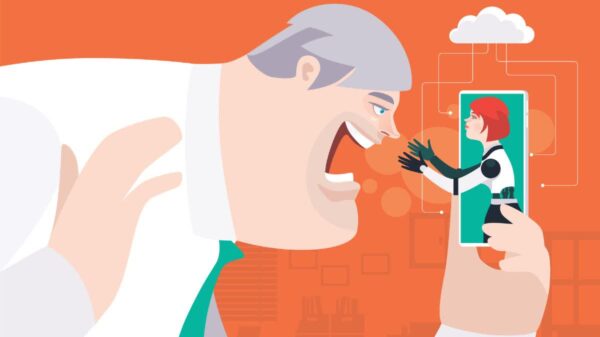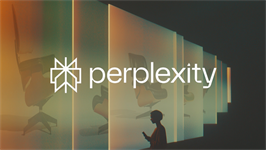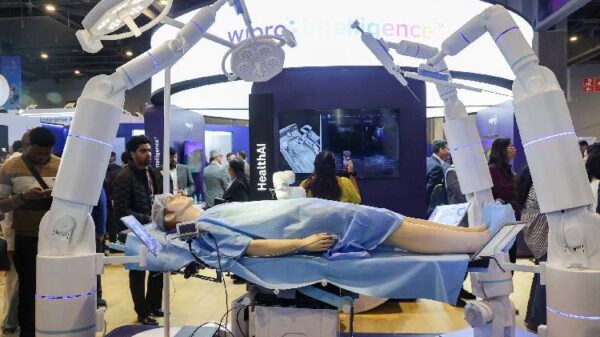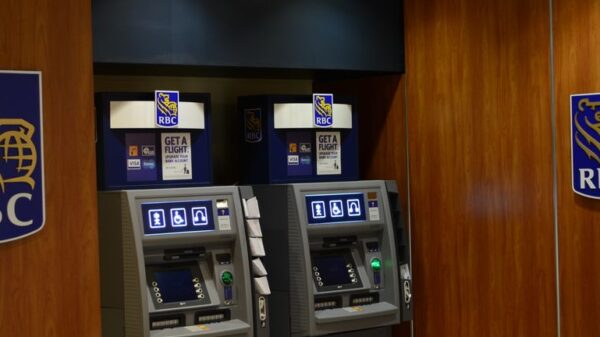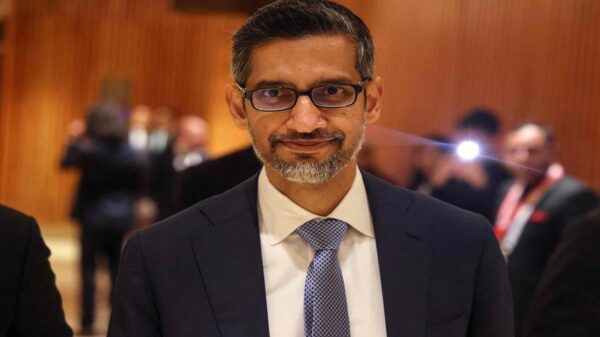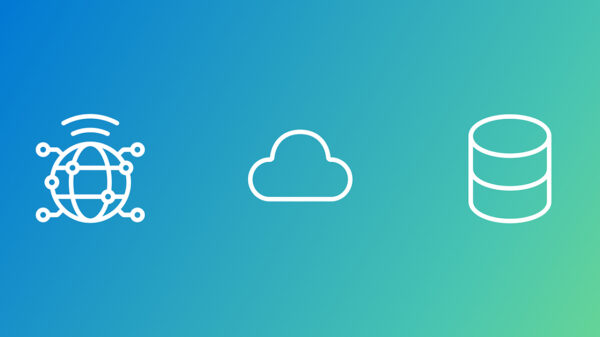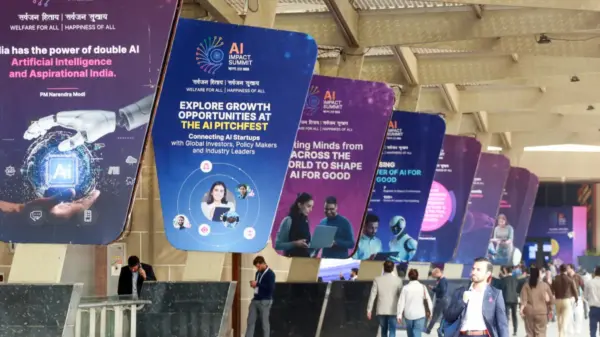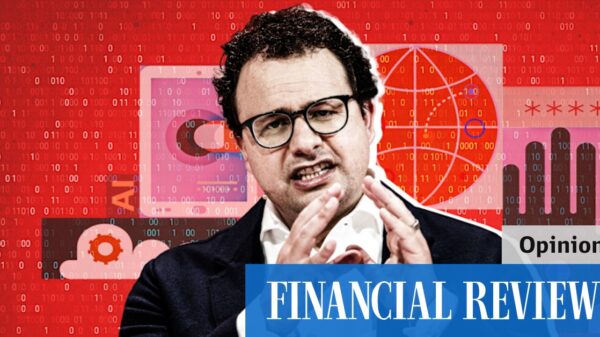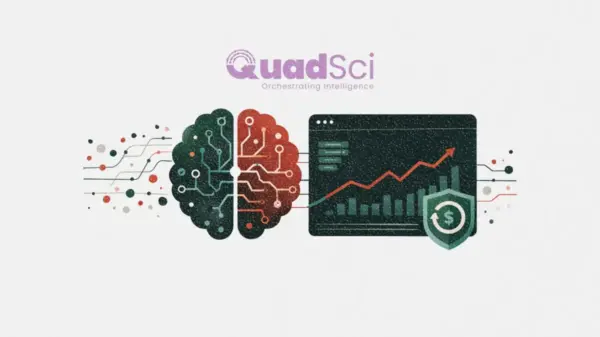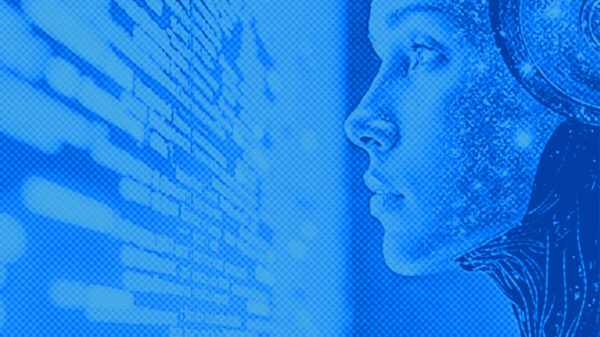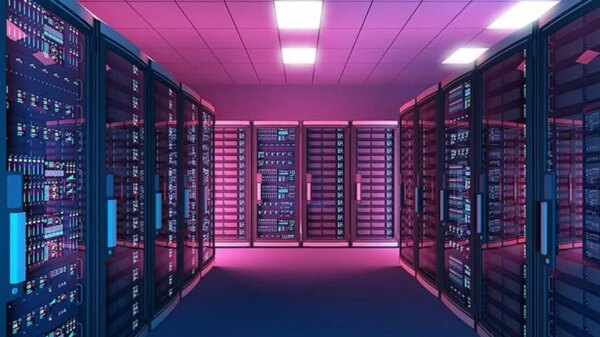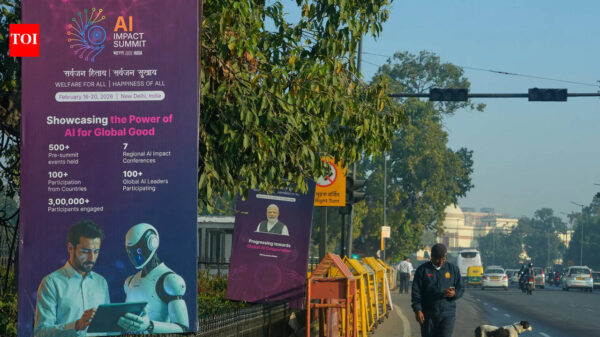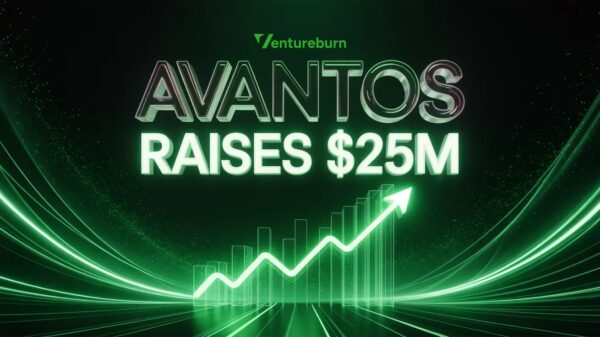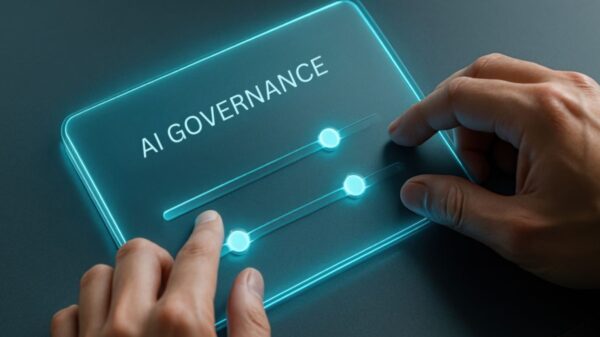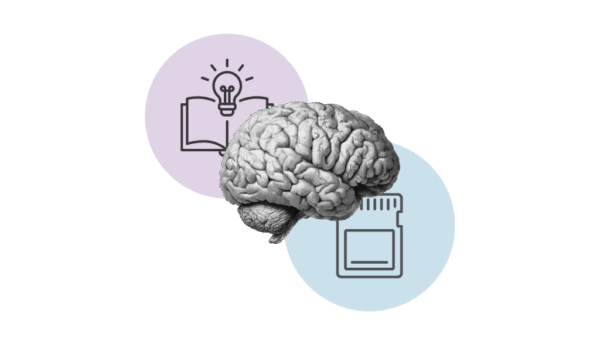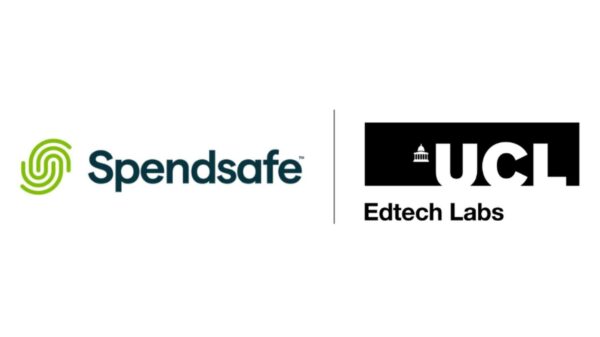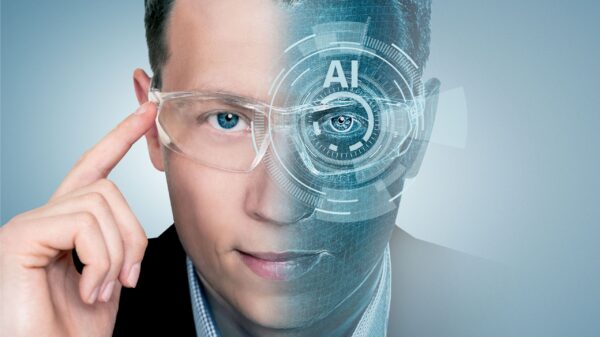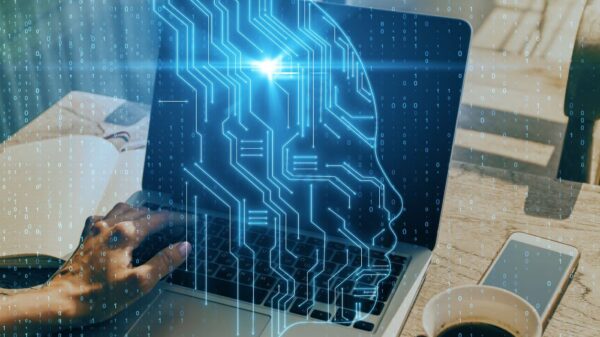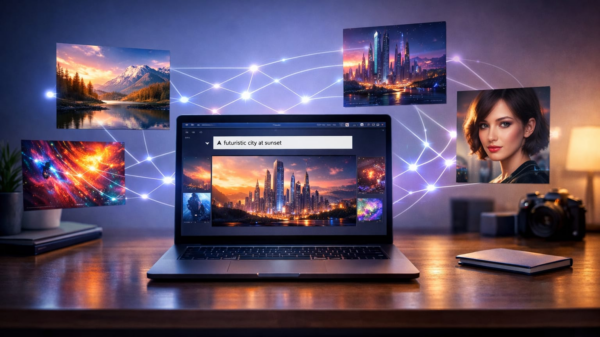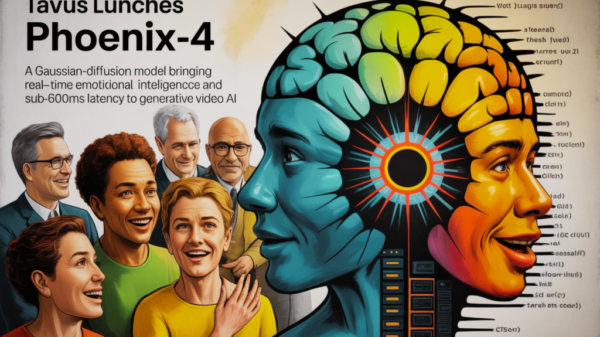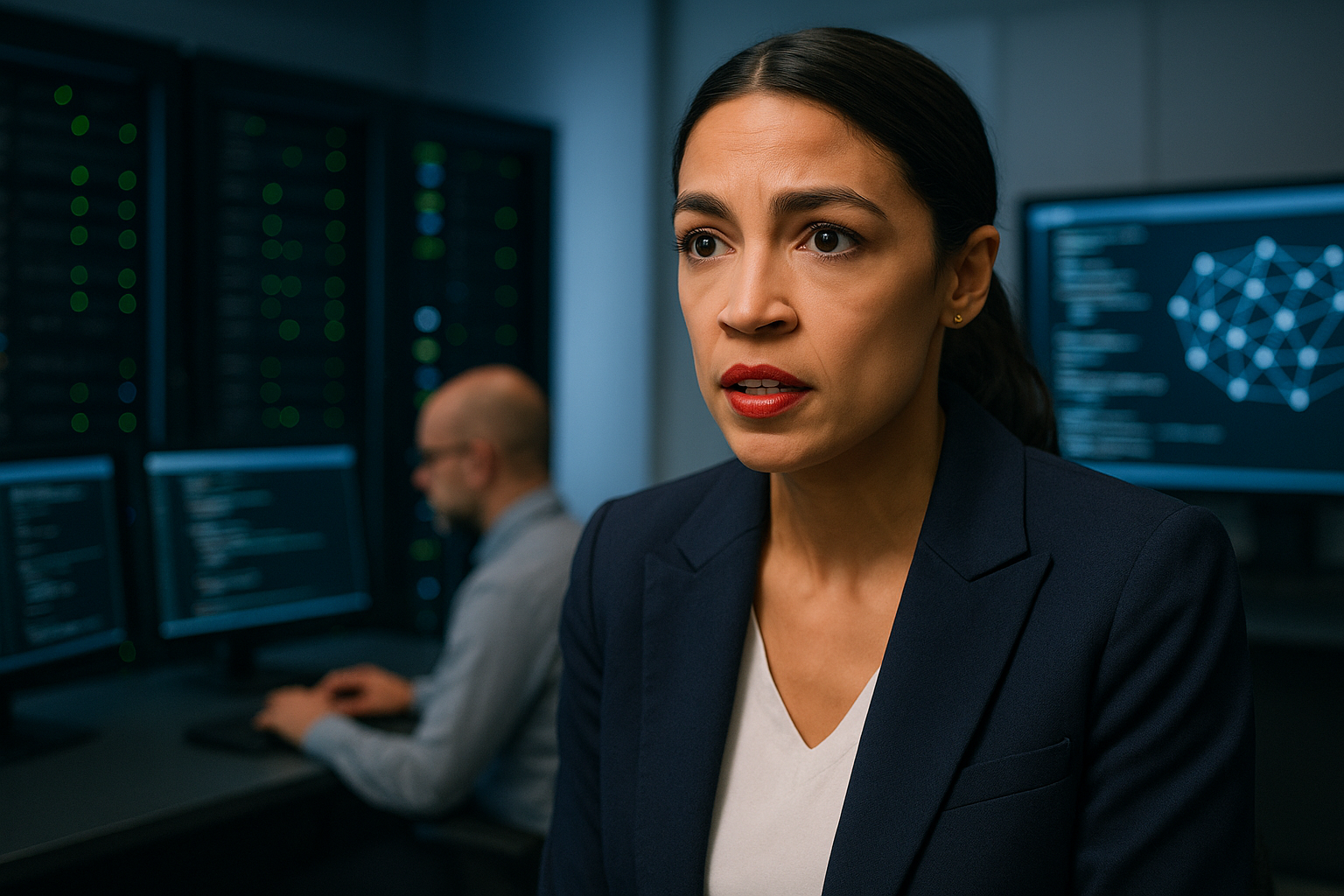Rep. Alexandria Ocasio-Cortez is raising concerns about a potential AI bubble during a recent House hearing focused on AI chatbots. The New York Democrat discussed the mounting debate around the valuation of AI companies, which have been surging in the stock market, particularly those like Microsoft, Google, Amazon, and Meta.
Ocasio-Cortez articulated her fear that the growing investment in the AI sector could lead to significant repercussions for the broader American economy. “We’re talking about a massive economic bubble,” she stated, warning that its potential collapse could resemble the economic instability witnessed in 2008. She emphasized the urgent need to assess the sustainability of AI investments amid fears of circular spending within the tech industry.
During her testimony, Ocasio-Cortez also expressed strong opposition to the idea of federal bailouts for AI corporations in the event of an economic downturn. “We should not entertain a bailout of these corporations, as healthcare is being denied to everyday Americans,” she argued. Her remarks resonate against the backdrop of recent comments made by OpenAI CFO Sarah Friar, who suggested the need for a federal “backstop” as the company plans its infrastructure expansion. However, Friar later retracted her comments, and OpenAI CEO Sam Altman clarified that the company is not seeking government guarantees.
Concerns Over Exploitative Practices
Ocasio-Cortez’s insights reflect broader anxieties regarding the AI landscape. The representative pointed to the profit-driven motives behind many AI chatbots, saying, “People’s deepest fears, secrets, emotional content, relationships can all be mined for this empty promise that we’re getting from these companies to turn a profit.” This perspective raises ethical questions about how AI technologies are developed and monetized, particularly regarding user privacy and emotional well-being.
Her concerns come at a time when Wall Street is closely monitoring the AI sector’s profitability, especially as leading AI chipmaker Nvidia prepares to announce earnings. The fear of an AI bubble is fueled by skepticism over whether the immense spending on AI infrastructure will ultimately yield corresponding profits.
While some experts argue that the demand for AI products justifies current investments, Ocasio-Cortez’s apprehensions highlight a growing divide in opinions about the long-term viability of this rapidly evolving field. The ongoing discussions within Congress about the implications of AI on the economy may set the stage for future regulations and oversight, potentially reshaping the industry landscape.
As the AI market continues to expand, it is essential for stakeholders, from investors to policymakers, to weigh the risks and opportunities presented by these technologies. With Ocasio-Cortez stepping into this critical debate, it becomes increasingly imperative for the AI community to address these concerns and ensure that innovation does not come at the expense of ethical standards and economic stability.
In summary, the dialogue surrounding an AI bubble raises important questions about sustainability, ethical practices, and the role of government intervention in emerging markets. The ongoing scrutiny from leaders like Ocasio-Cortez may ultimately lead to more responsible growth in the AI sector.
See also Malta Aims to Become Europe’s Most AI-Friendly Nation with €9.3 Billion Investment Plan
Malta Aims to Become Europe’s Most AI-Friendly Nation with €9.3 Billion Investment Plan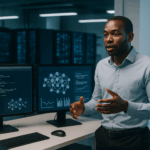 Google Launches $7.5M AI Skilling Blueprint to Bridge Africa’s Digital Skills Gap
Google Launches $7.5M AI Skilling Blueprint to Bridge Africa’s Digital Skills Gap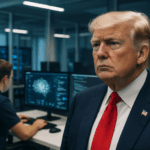 Trump Considers EO for Federal Control Over AI Regulation, Targets State Laws
Trump Considers EO for Federal Control Over AI Regulation, Targets State Laws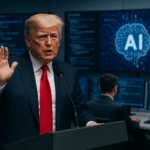 Trump’s Executive Order to Block State AI Laws with New Litigation Task Force
Trump’s Executive Order to Block State AI Laws with New Litigation Task Force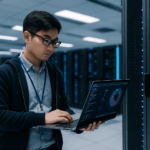 Google Launches Major AI Engineering Centre in Taiwan, Strengthening Global Tech Ties
Google Launches Major AI Engineering Centre in Taiwan, Strengthening Global Tech Ties

